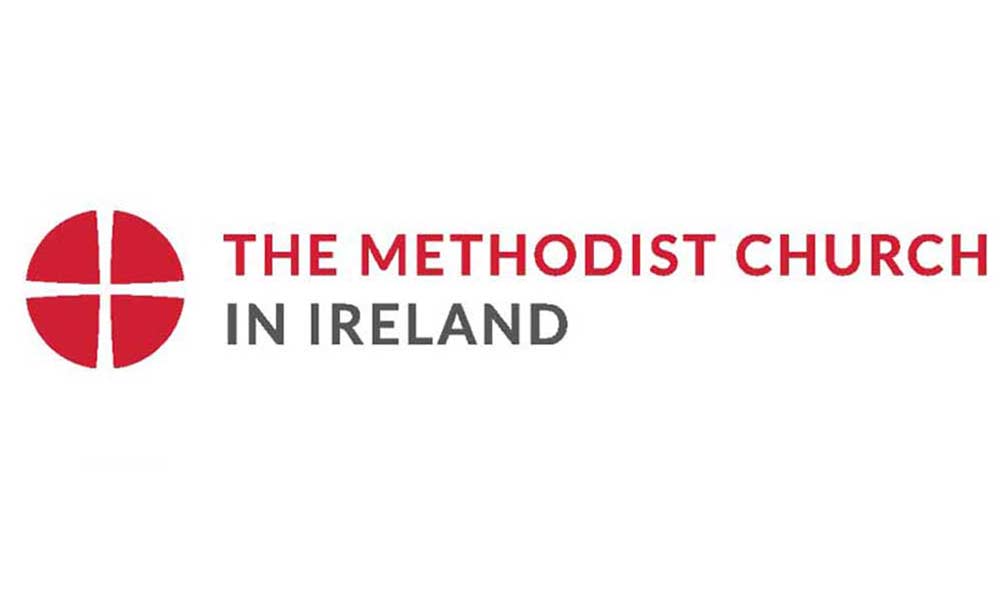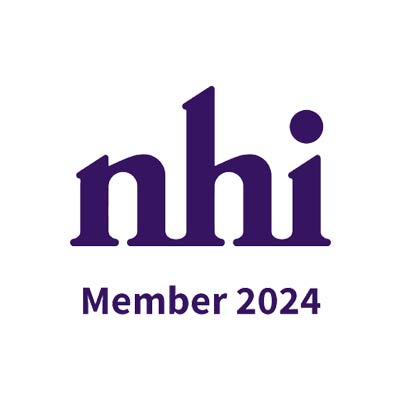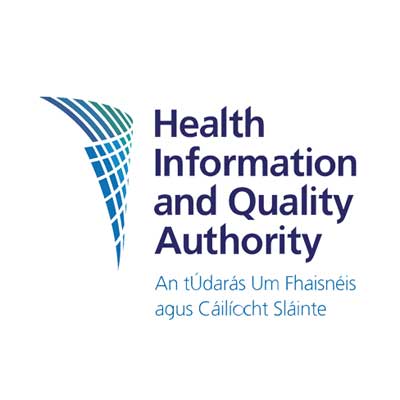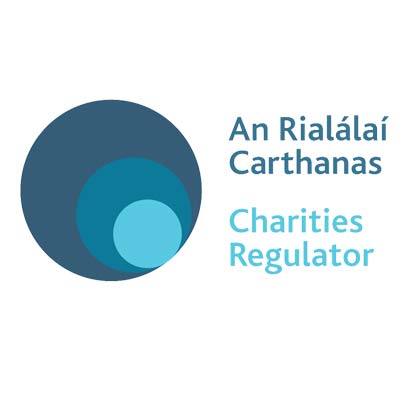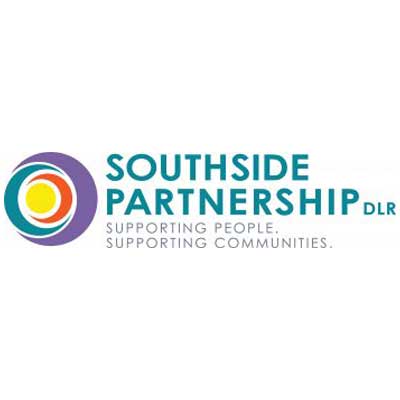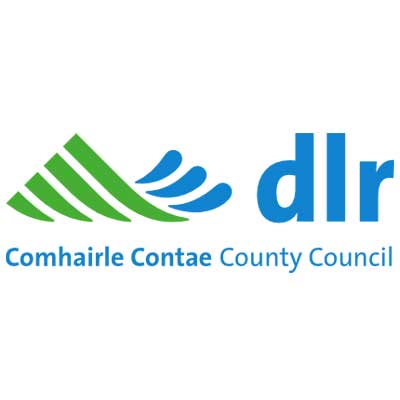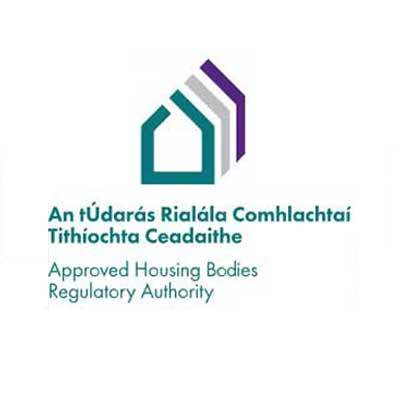DCM Legacy Giving
What is legacy giving? Legacy giving refers to donations that supporters plan to give to a non-profit organisation after their passing. Legacy giving is also commonly referred to as planned giving, as donors often plan these gifts years before they are distributed to the designated parties. For many donors, legacy giving will consist of monetary donations, but some doners will choose to set up a charitable annuity or trust rather than make a direct donation. These gifts can have the potential to supply DCM with meaningful funds for years to come and honour the legacy of the donor who made the contribution.
What is legacy giving? Legacy giving refers to donations that supporters plan to give to a non-profit organisation after their passing. Legacy giving is also commonly referred to as planned giving, as donors often plan these gifts years before they are distributed to the designated parties. For many donors, legacy giving will consist of monetary donations, but some doners will choose to set up a charitable annuity or trust rather than make a direct donation. These gifts can have the potential to supply DCM with meaningful funds for years to come and honour the legacy of the donor who made the contribution.



